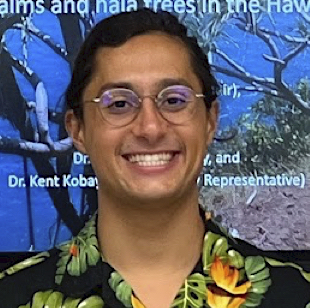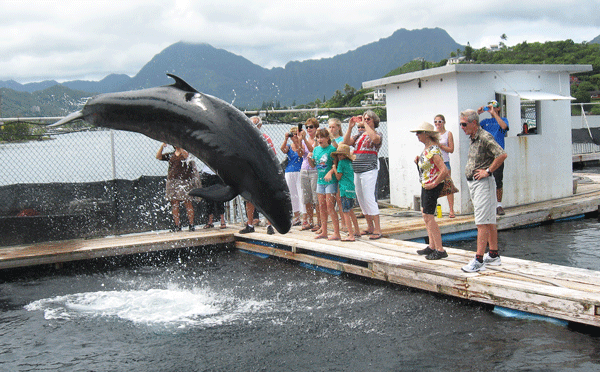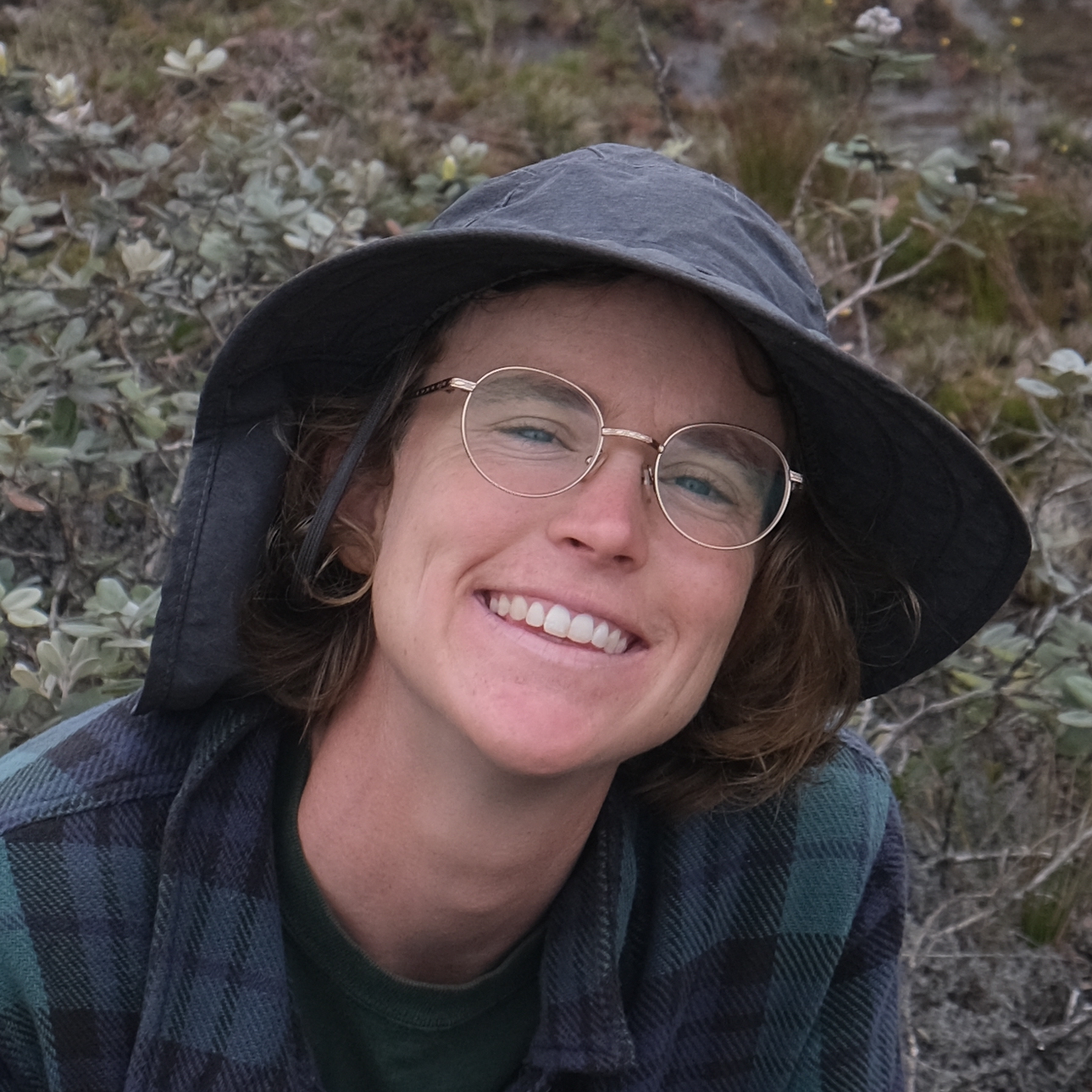To Quote a Scholar: Mason Russo

"I have conducted comprehensive studies on two invasive insect pests in the Hawaiian Islands that are severely impacting Hawaiian ecosystems. The coconut rhinoceros beetle is spreading fast across Oahu and has reached other islands. The hala scale impacts native coastal hala forests."
Besides offsetting the high cost of living in Hawai‘i, funds from the 2024 Maybelle F. Roth ARCS Scholar and Honolulu Scholar of the Year awards would allow Mason Russo to return to Asia if an initial survey produces promising biological control agents for the battle against destructive insects that threaten Hawai‘i trees.


